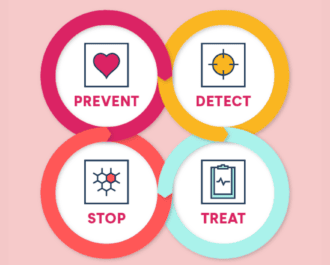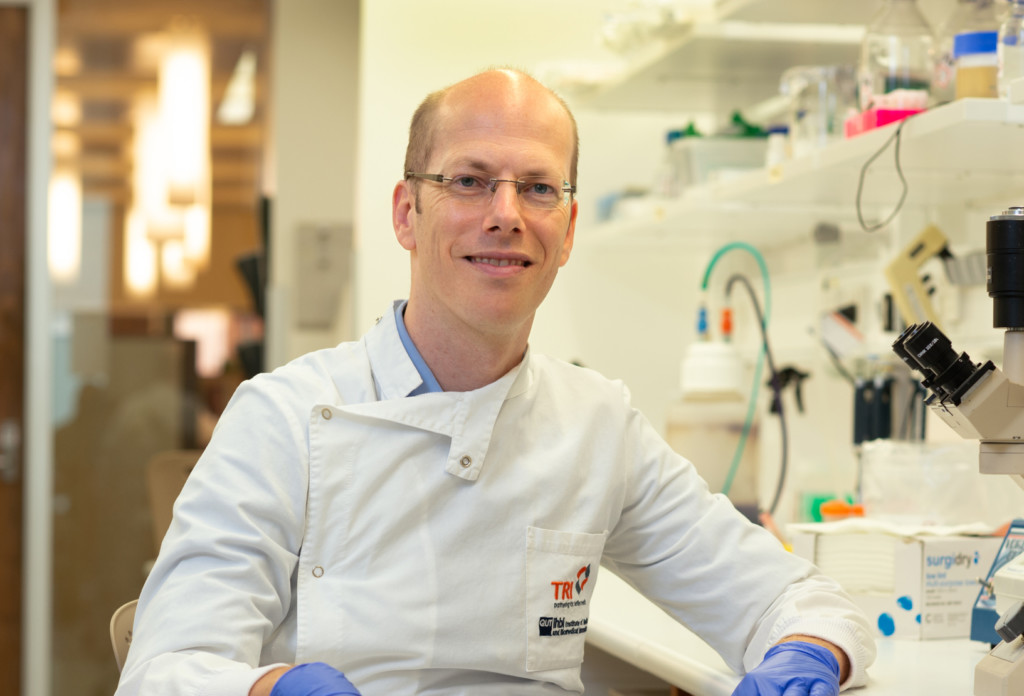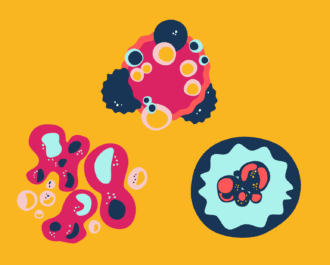
Whilst common breast cancer genes, such as BRCA1 and BRCA2, are well understood, a new form of genetic abnormalities may soon become more useful for predicting patient outcomes and determining optimal cancer treatments.
The genes in our cells are organised into “chromosomes”. Humans have 23 pairs of chromosomes (46 in total), each of which normally has two arms. However, cancerous cells can gain or lose these chromosome arms, which allows them to act in abnormal ways. Excitingly, a new study has now discovered what these abnormalities, known as “aneuploidies”, mean for cancer patients.
The study, headed by Dr Pascal Duijf from Queensland University of Technology and University of Queensland Diamantina Institute, used artificial intelligence to analyse chromosome arms in over 23,000 human tumours and 1,000 cancer cell lines. They found 31 chromosome arm changes which profoundly affected how cancer cells respond to 56 chemotherapy drugs.
The researchers showed that solid tumours (such as breast cancer) usually gain extra chromosome arms at early stages of disease, and then lose them in later stages. Blood cancers are less likely to develop the abnormalities but, when they do, usually gain arms rather than lose them.
Importantly, these chromosome arm aneuploidies can predict patient outcomes. In the future, they may help doctors decide which treatment will be best for an individual. And the chromosomal changes are not always a bad thing – sometimes improving survival rates.

Dr Pascal Duijf. Photography: Anthony Weate from Queensland University of Technology
The work also identified over 1,000 combinations of two genetic abnormalities that may together increase sensitivity to drugs. This opens up new avenues for chemotherapy drug research and holds great promise for personalised medicine.
“Our most remarkable discovery was that chromosome arm gains and losses are far better predictors of drug response than well-established abnormalities, such as mutations,” Dr Duijf said.
“Our study can improve cancer diagnosis and provides new opportunities to enhance personalized treatment for 17 types or cancer, including melanoma, breast, lung and brain cancer. We hope that our discoveries will ultimately improve patient survival rates.”
The study was published in Nature Communications this week, and was proudly supported by the National Breast Cancer Foundation.
More News Articles
View all News


